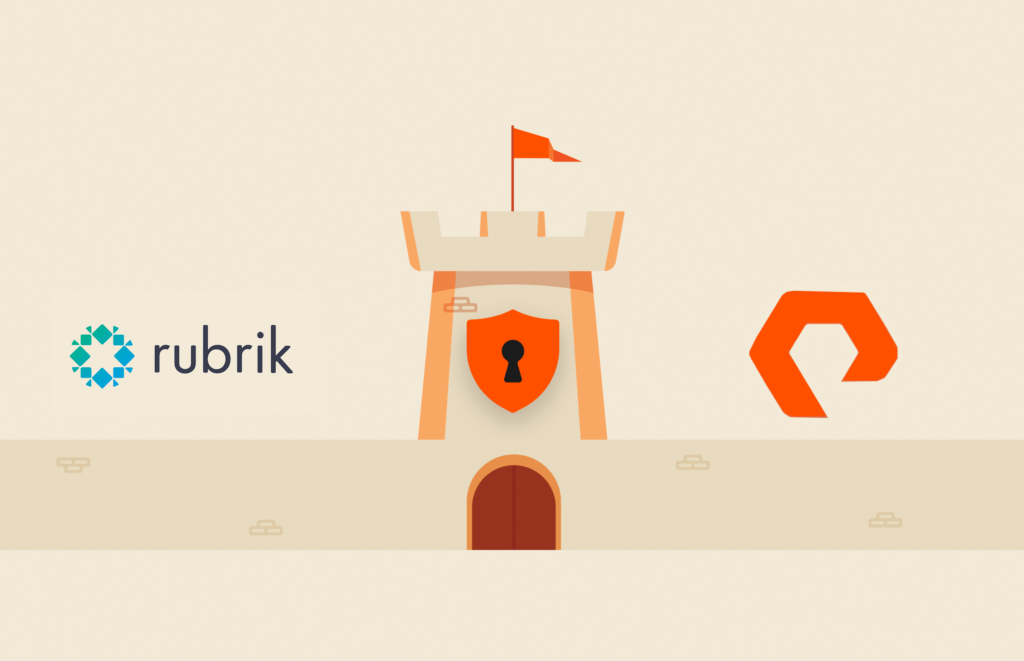Summary
Healthcare is dependent upon electronic data and computer systems. Whether it’s planned or unplanned, downtime may jeopardize patient care and hospital revenue. But for MEDITECH customers on Pure Storage, there’s a way to alleviate the pain of planned downtime. Learn more in this article.
Downtime is perhaps the most loaded word in the IT lexicon. What other single word can induce fear or spark finger-pointing and awkward discussions? Was IT unprepared? Was a vendor at fault? Were budget shortfalls the root cause? Who is responsible?
Flooding, tornados, earthquakes, and power loss—when those scenarios happen, everyone in the organization knows why. They know IT is at the mercy of the elements and they understand. Planned downtime is different and sometimes necessary when implementing maintenance updates and security patches. And, while downtime is undesirable in any industry, it poses an additional element of risk in healthcare environments.
Why downtime hits hospitals harder
Healthcare is dependent upon electronic data and computer systems. Whether it’s planned or unplanned, downtime may jeopardize patient care. It can also impact revenue if you have to postpone profitable elective procedures. If the hospital stops, the money stops. Studies have shown the average hospital can lose up to about $250,000 for every hour it’s down. When you have multiple facilities on one system, it can be more than $1 million per hour.
While the system is down, nurses and doctors can’t rely on the EHR for information about patients, their medications, and their conditions. They typically run reports for hours in advance to prepare for the downtime, which removes them from their everyday work.
IT directors cringe when we talk about the evil “D” word—downtime. They know it will be an uphill battle against the board. They understand that they need to take down the system—and all the ramifications that come with taking down that EHR system. The IT staff shows up at 3 a.m. to impact the fewest clinicians. Then, IT prays that everything goes without a hitch so the system can be back up by 5 a.m.
How can hospitals prepare for planned downtime?
The IT director is tasked with predicting how much downtime to request. This is tricky, as the time is based on guesstimates from software or hardware companies on how long it will take to complete the update. IT needs enough time to do the update but also to make sure everything came back up correctly before allowing users on the system. They know clinicians will not understand why they need so much time. They also know they’ll need to have the conversation again in six months, if not sooner.
What are unique problems MEDITECH customers face with downtime?
MEDITECH has worked really hard on keeping the system up, rather than preparing for when the system comes up. They’ve worked to certify Windows Server Failover Cluster so customers can stay up-to-date on Microsoft security patches. MEDITECH also has a high-availability solution for non-stateless servers that allows a DNS round-robin-like approach for those updates.
But MEDITECH hospitals do need to bring the system down for MEDITECH software updates. This can be extremely costly. These planned downtimes can be required quite frequently, so hospitals need to have solutions in place when a MEDITECH system is down.
How can the Pure Storage platform help MEDITECH customers with planned downtime?
If a MEDITECH customer has Pure, they’re already aware of our non-disruptive updates (NDUs), which make planned downtime as it relates to storage is no longer a concern. Organizations that aren’t using Pure need to worry about multiple planned downtimes for their storage and EHR.
Pure has a solution to make that maintenance window a little smaller. At Pure Storage, we care about the solution as a whole, not just the storage. So when approached about the dilemma and costs associated with running the hospital during a MEDITECH planned downtime, we knew we needed to find a partner that could help solve this problem. We didn’t need to look far outside the MEDITECH community to find a company that has taken the sting out of downtime. IPeople has been delivering a downtime solution to MEDITECH customers for many years called IPeople Offline.
IPeople Offline takes 100% of the hospital’s MEDITECH data, stores it on a single SQL Server, and provides a great user interface to access the EHR data. The result is that during a planned downtime, clinicians can find the information they need to continue performing their patient care responsibilities. This solution has a very light footprint and it can sit on the same Pure Storage array as the MEDITECH system. Most IPeople customers continue to use this product during normal operations because they appreciate the layout and how quickly they can retrieve information.
Planned downtime no longer needs to be scary, nor does it need to stop all hospital operations
Together, IPeople Offline and Pure Storage can help keep the hospital up and running! Listen to the podcast to learn more.
![]()




